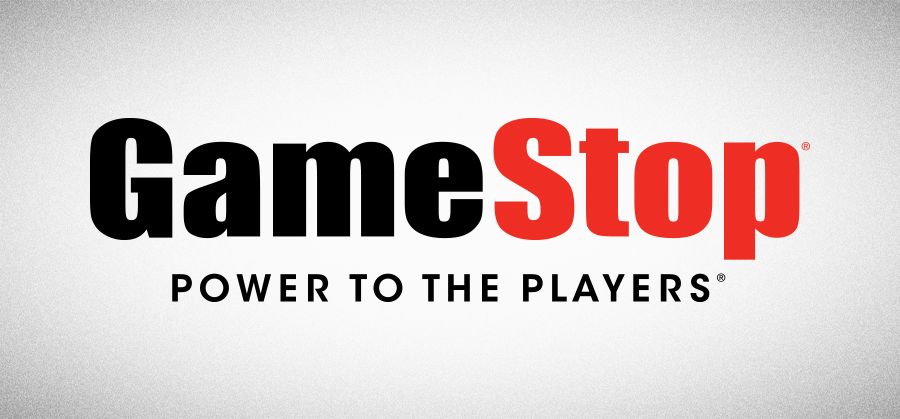For better or for worse, come Monday night, after Sony has said its peace at their E3 press conference, the culture at GameStop and re-sellers like it will soon change forever. Although Sony's passive aggressive method of blocking used games doesn't appear as intrusive as Microsoft's, the writing is on the wall and all signs point to used games being a thing of the past, not only on Microsoft's Xbox One but Sony's PlayStation 4 as well. Again, Sony has stated that it is leaving the decision up to the publishers, and well... yeah.
This is going to put a serious hurt on GameStop, and other retailers (specifically re-sellers) globally who make a majority of their profits based on the sale of used games. For every developer that it's going to help on the industry side, it will result in store closures (and job losses) on the consumer end. GameStop and other re-sellers will find themselves facing a scenario of shrinking margins and their backs against the wall; their fates resting in the hands of publishers who will make the final decision as to whether or not to block used games on consoles (by requiring an online broadband connection).
I wondered how GameStop (and others) can defend themselves from the upcoming post DRM console word. And I think I figured it out. The one thing that's really hard to put an actual price on is visibility, and more specifically a retail presence. GameStop and other re-sellers needs to use this as leverage and do so by playing hardball with the publishers.
If GameStop plans on surviving, here's the strategy (well it's more like a hail Mary, but as the saying goes, desperate times right?) they should go by: If you're a publisher and you want to maintain your presence at retail, want our thousands upon thousands of retail locations aggressively taking in pre-orders for your games, want your advertisements plastered throughout those retail locations, do not block the resale of your games, period. Any and all publishers that participate in this practice, will not be welcomed on our store shelves. Those publishers can enjoy paying Sony and Microsoft while battling it out with every other title for valuable advertising space on either of their digital store fronts.
The value of a retail presence is being indiscriminately overlooked. Games, unlike music and movies, are a pricy item, and for the average consumer, being able to pick up a game case and have a conversation about it with a clerk at the store is an invaluable part of selling games, it's a part of the culture of games retail. This is something that the publishers are completely losing sight of.
I know that this would be an extremely aggressive angle for GameStop (or any retailer like it) to take, but all things considered, what other options do they really have? The same way that industry publishers and console manufacturers banded together in this next gen digital initiative, GameStop and other re-sellers must put their differences aside in the interest of their own survival. It can't be done if only one store does it. All retailers who re-sell need to be on board, it's the only way to make it work. But this is the key (and likely the only option) to surviving a post DRM console world.
Come Monday night, GameStop and other re-sellers will be officially on the clock. They'll have to decide whether they roll with the punches or go for broke. Either way, things are about to get very interesting.

